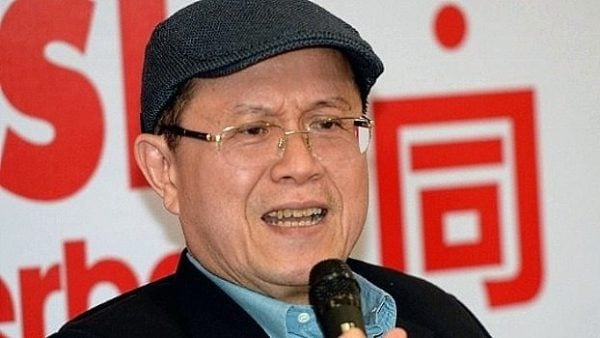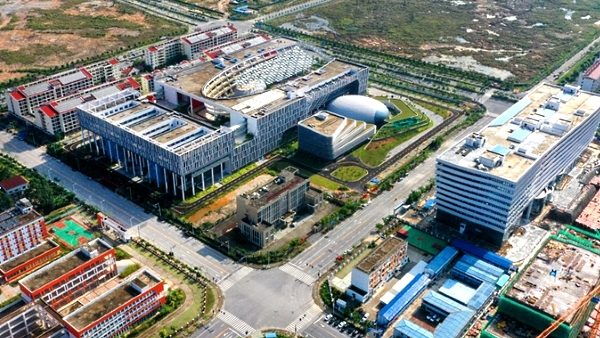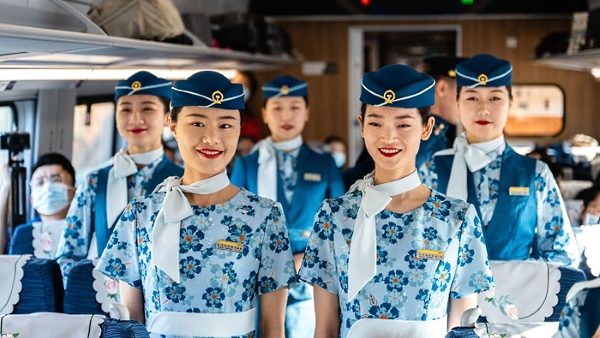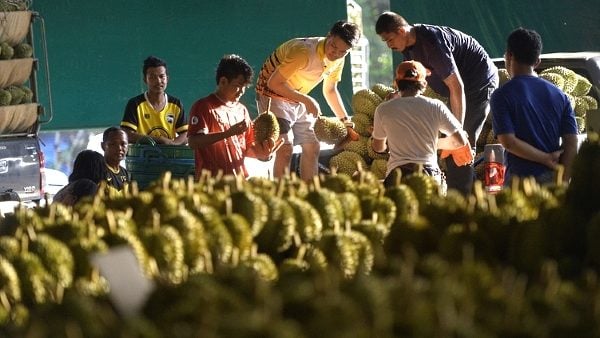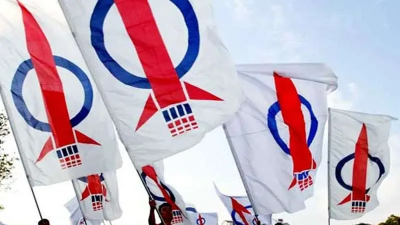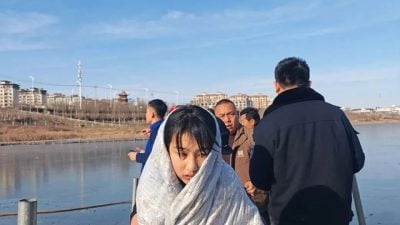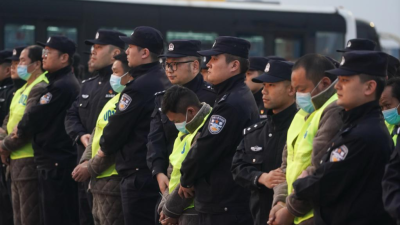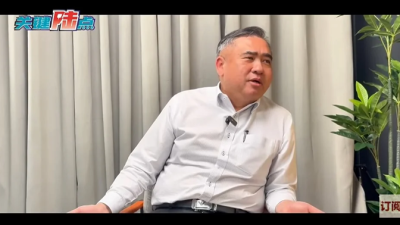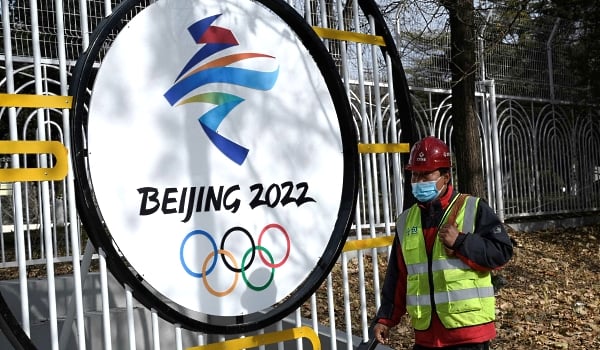
By Ong Tee Keat
The Olympic Truce Resolution, though symbolic in nature, has been the practice observed by the United Nations prior to the hostings of Summer and Winter Olympics since 1993.
The “Olympic Truce” , rooted in the ancient Greek tradition— Ekecheiria— is meant to ensure a halt of all hostilities, allowing the safe passage and participation of athletes and spectators taking part in the Olympic Games.
Through the resolution, entitled “Building a peaceful and better world through sport and the Olympic ideal”, the UN General Assembly reminds its member states to observe the Olympic Truce , and to seek, in conformity with the goals and principles of the United Nations Charter, the peaceful settling of all international conflicts through peaceful and diplomatic means, and to recognize the importance of the International Olympic Committee’s ( IOC’s) initiatives for human well-being and international understanding.
The Beijing 2022 Winter Olympics, scheduled for Feb 4 to 20, 2022 is of no exception.
The consensus resolution adopted by 173 member states of the UN on December 2, 2021 called for the renewal and observance of the seven‑day Olympic Truce before and after the Games.
In the present perspective, amid the escalating geopolitical rivalry while the world is still in the throes of COVID-19 onslaught, the resolution serves as a timely and pertinent reminder to the polarized world.
It expresses “the expectation that the Olympic Winter Games Beijing 2022 will be a meaningful opportunity to harness the power of sport to advance the world by fostering an atmosphere of peace, development, resilience, tolerance and understanding, and welcoming all the delegations of National Olympic and Paralympic Committees to participate in the Games”.
In reality, however, the consensus resolution was greeted with a cacophony of “Diplomatic Boycotts” orchestrated by several countries, among which include the United States, Britain, Canada, Japan, Lithuania, Belgium, Sweden and Denmark.
The rationale is none other than the repetition of their allegations of China’s abysmal records of human rights in handling its domestic issues, all of which are geopolitically motivated.
To the international community, The repeated stories of alleged Uyghurs Genocide and mass internment of Muslim minorities in Xinjiang, China, though heavily contested, have been unilaterally trumpeted by the US and its allies worldwide with mere flimsy support of dubious testimony by individual terror-linked separatists fleeing Xinjiang.
While veracity of the allegations still remains contestable, Beijing’s culpability of such a heinous crime against humanity has already been hastily made the poster boy of human rights violation by the US-led West.
Amid the tumult over the issue, the baffling puzzle is Beijing’s open invite to the Western media of visitation to Xinjiang remains unheeded.
But interestingly, on the other hand, independent foreign visitors from the West and diplomats from Muslim countries visiting Xinjiang have time and again given an entirely contrasting accounts of life in the controversial autonomous region, contradicting the hellscape portrayed by the Western media.
On the alleged clampdown on democracy in Hong Kong with the promulgation of National Security Act for Hong Kong SAR, any sensible mind would be tempted to ask if the American exceptionalism has ever been granted the carte blanche to interfere with the governance of Hong Kong, which is now under the Chinese sovereignty.
Why must the peace-loving Hong Kong folks be made to bear with the protracted social unrest without the desired legislative protection in 2019?
Given that the street riot in Hong Kong was referred to as “a beautiful sight to behold” by the US Speaker Nancy Pelosi, why then storming of Capitol Hill by the insurrectionists warranted the use of police force that resulted in tragic casualties on Jan 6, 2021?
Even if the US and its allies have valid reasons to raise such concerns in the international body, certainly the so-called diplomatic boycott of Beijing Winter Olympics for 2022 is not the right choice to make.
Sebastian Coe, head of the World Athletics and senior IOC member, who led the London 2012 Olympic and Paralympic Games Organizing Committee dismissed the “diplomatic boycott” as political and meaningless. Neither was he convinced that isolation could ever bear any fruit. More so in the wake of existential challenges.
In essence, the imminent absence of state actors and officials from countries declaring diplomatic boycott of the Games, at worst, only signifies a political snub designed to embarrass the host.
White House Press Secretary Jen Psaki did not mince her words when she admittedly said the decision was made to “not contribute to the fanfare of the Games”.
Nonetheless, in no way could such boycott dampen the Olympic spirit in the Beijing meet. Much less could it derail the Winter Olympics and Paralympics Games which are much anticipated as the most environment-friendly global sport event that IOC has ever had. But its toxicity remains in defying political neutrality which underpins the Olympic Truce.
In his speech at the United Nations General Assembly, the IOC President Thomas Bach’s words resonated across the world when he said: “By adopting this resolution, you are supporting the mission of the Olympic Games to unite the best winter sport athletes of the entire world, without any discrimination whatsoever, in a peaceful and respectful competition. This bond of our shared humanity is even more relevant in our polarized world today.”
“We can only accomplish this mission if the Olympic Games stand above and beyond all political, cultural and other differences. This is only possible if the Olympic Games are politically neutral and do not become a tool to achieve political goals.”
Indeed, the call for political neutrality constitutes the cornerstone of Olympic spirit, without which pursuit of peace and solidarity through the Games would be a tall order.
While hosting of the Games amid the emergence of virus variant Omicron is widely seen as a real acid test to Beijing’s crisis management and governance, the Games’ official motto “Together for a Shared Future”, signifying the shared aspiration across the globe, is in itself a great challenge to the international community.
(Ong Tee Keat is Chairman of the Center for New Inclusive Asia in Malaysia.)
ADVERTISEMENT
ADVERTISEMENT






